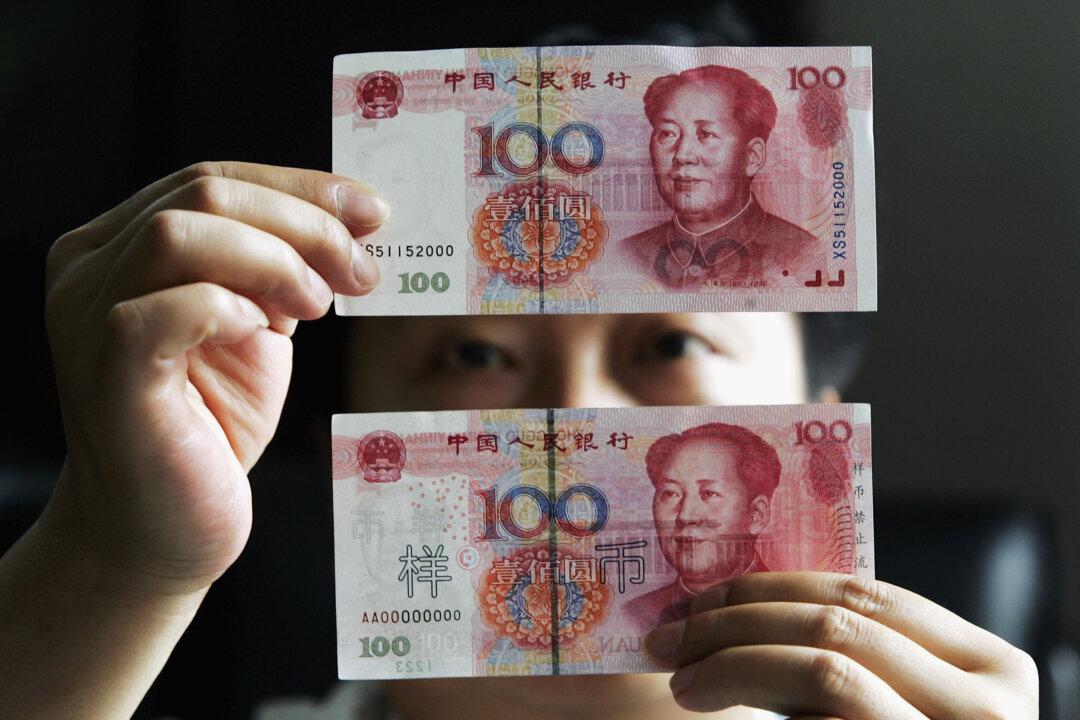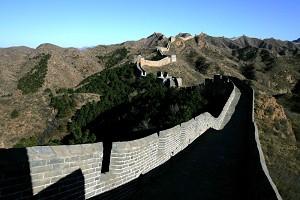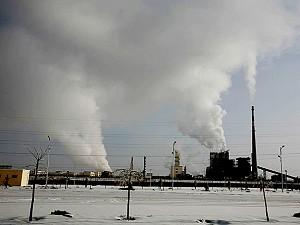China has implemented tight control over its foreign exchange reserves due to the depreciating value of the yuan and to prevent rapid capital outflow. However, the Chinese people who want to withdraw cash (in foreign currency) from their banks are finding it difficult to do so. So they use different channels to get their money out. Some hire professional agencies to help, while others ask their relatives and friends to take the cash with them abroad.
China’s foreign exchange reserves stood at $3.1097 trillion at the end of August, $8.2 billion less than a month ago, according to data from the People’s Bank of China. In 2014, the Chinese foreign exchange reserves reached $4 trillion, nearly reduced by $1 trillion within 3 years.




